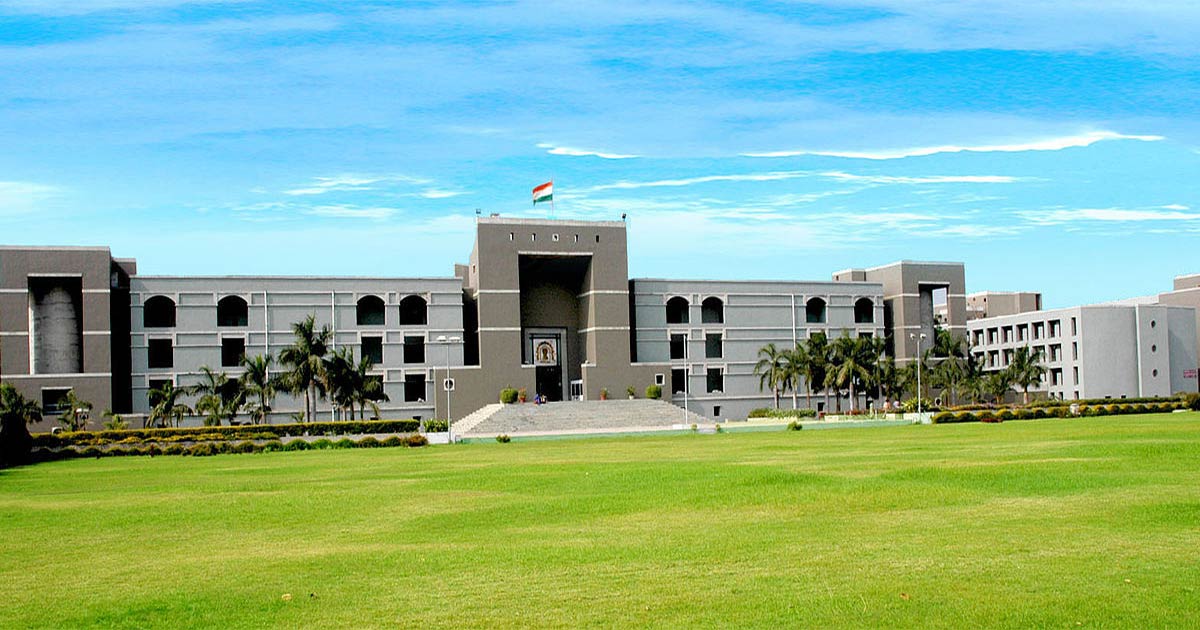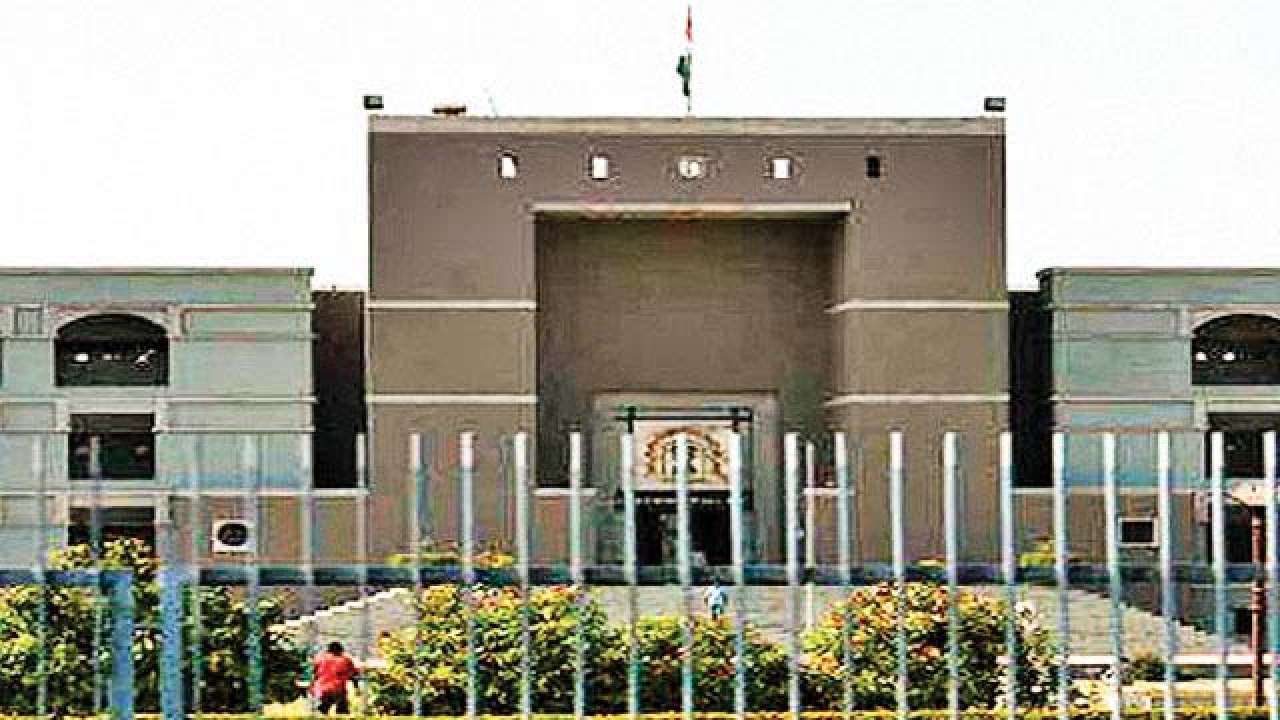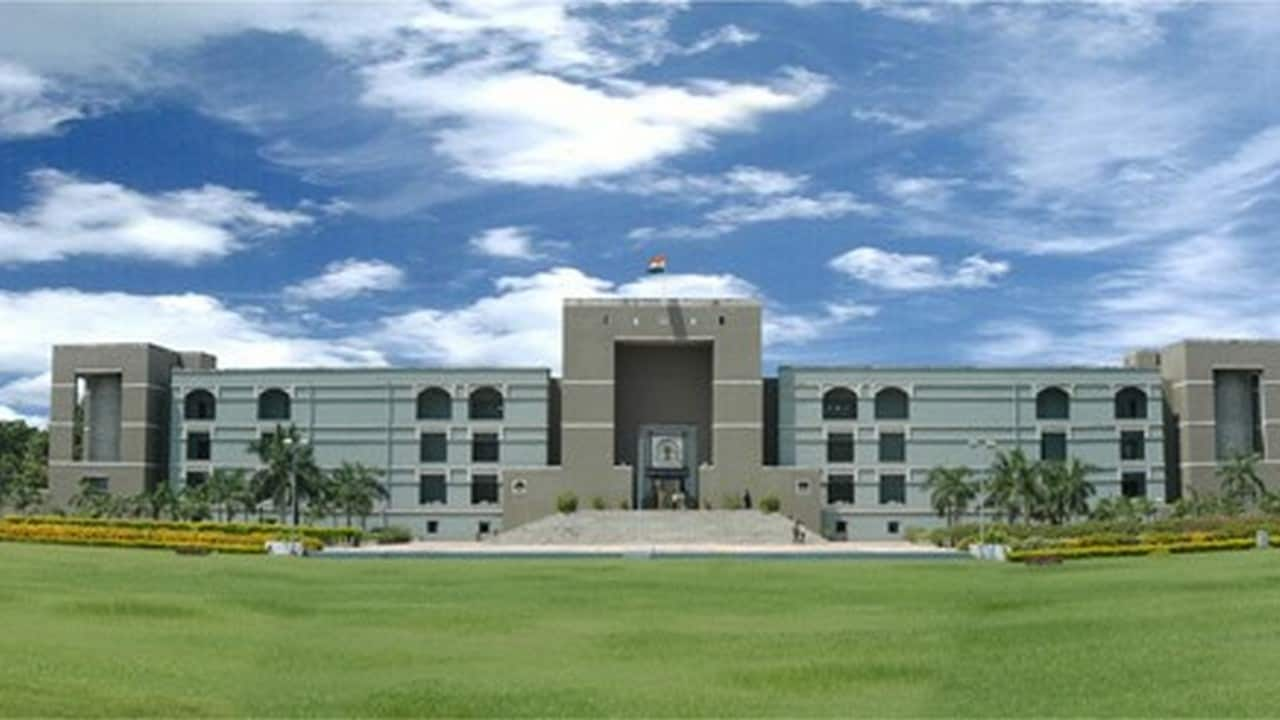Gujarat HC judges spar openly in courtroom, one leaves in huff

Gujarat HC judges spar openly in courtroom, one leaves in huff
The incident of open discord between the two judges of the Gujarat High Court bench, which escalated during a hearing on taxation-related cases, has drawn attention and raised concerns within the legal community. The acrimonious exchange, characterized by the senior judge openly expressing dissatisfaction with the junior judge’s tendency to disagree with his viewpoints, reflects a rare and unprecedented rift within the court’s judicial proceedings.
The pointed remarks made by the senior judge to the junior judge, suggesting a pattern of dissent in their approach, highlight the intensity of the disagreement and the visible strain within the judicial dynamics. The tense exchange, characterized by the senior judge’s apparent frustration with the junior judge’s differing opinions, underscores the need for professionalism and mutual respect within the judiciary, essential for upholding the integrity and credibility of the legal system.

As this incident unfolds, it serves as a reminder of the importance of maintaining decorum and professionalism within the judicial fraternity, emphasizing the significance of fostering a culture of constructive dialogue and collaboration among judges to ensure the fair and efficient administration of justice. It also underscores the necessity for effective conflict resolution mechanisms and robust communication channels within the legal framework, enabling judges to address differences of opinion in a manner that upholds the principles of impartiality and fairness.
Amidst this development, it is essential for the Gujarat High Court, in line with the broader judiciary, to prioritize the maintenance of a harmonious and conducive work environment, fostering mutual respect and collegiality among its members. Promoting a culture of open dialogue and constructive engagement can play a pivotal role in resolving conflicts, promoting effective decision-making, and upholding the fundamental tenets of justice and equity within the legal system.

The continuation of the tense exchange between the senior and junior members of the Gujarat High Court bench, characterized by the senior judge’s escalating frustration and the junior judge’s attempts to clarify her position, highlights the significance of maintaining decorum and professionalism within the judicial setting. The senior member’s retort, instructing the junior judge not to murmur, and his subsequent decision to abruptly leave the proceedings further underscore the need for a conducive and respectful working environment within the judiciary.
Despite the discord witnessed during the earlier session, sources indicated that the bench reconvened for post-lunch sessions to hear the cases, suggesting a commitment to the pursuit of judicial duties despite the internal disagreements. The fact that judges expressing dissenting views is not uncommon, and the recording of such dissenting opinions by junior judges is a regular practice, underscores the significance of fostering an environment that encourages open discourse and respectful engagement, even in the face of differing perspectives.

While differences of opinion among judges are natural and often contribute to a comprehensive and well-rounded assessment of legal matters, it is crucial for all members of the judiciary to uphold the principles of mutual respect and professional conduct, even in times of disagreement. Establishing effective conflict resolution mechanisms and promoting a culture of constructive dialogue and collegiality can play a pivotal role in maintaining the integrity and efficacy of the judicial system, ultimately ensuring the fair and impartial administration of justice.




